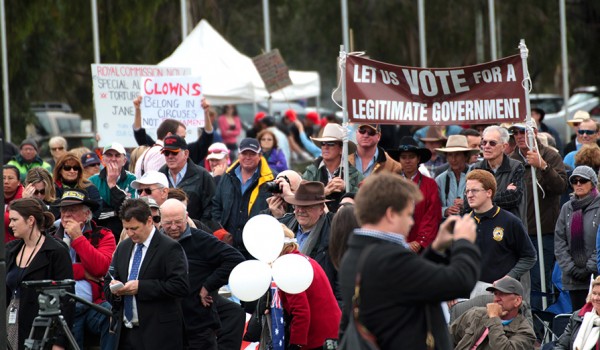Introducing our Parliament
Click to reveal these core elements of our federal Parliament.
-
The Constitution
-
Three levels of government
-
Separation of powers
-
What is Parliament?
-
Senate
-
House of representatives
-
Elections and representation
-
Get involved
The Constitution
The Australian Constitution is the set of rules by which Australia is run. It includes such things as the make-up of the Australian Parliament, what the Australian Parliament can make laws about and the role of the High Court in settling disputes about the Constitution.
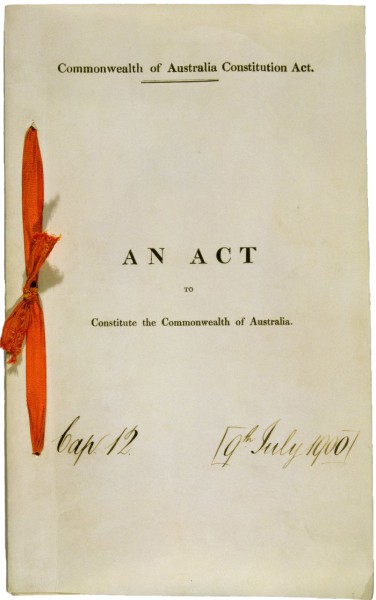
Three levels of government
Australia has three levels of government that work together to provide Australians with the services they need. The federal, state/territory and local levels of government have different roles and responsibilities.
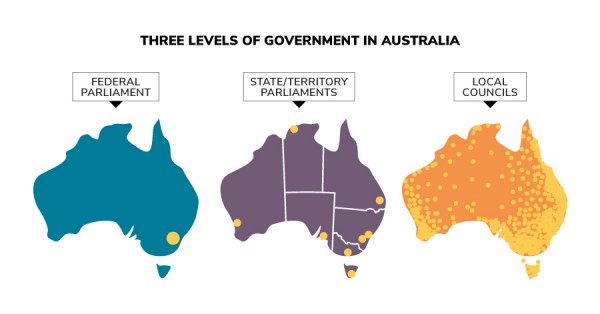
Separation of powers
Law-making power in Australia is shared between the Parliament that makes the law, the Executive – government – that puts the law into action, and the Judiciary – courts – that interpret the law. According to the principle of the separation of powers, each group should work within their defined area of responsibility to keep a check on the powers of the others.
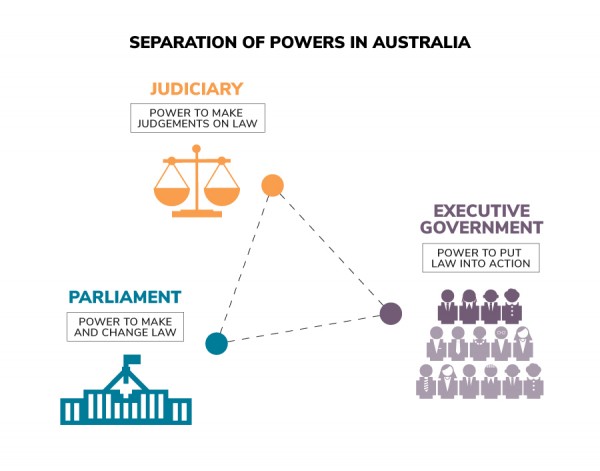
What is Parliament?
The Australian Parliament is made up of the King (represented by the Governor-General), the Senate and the House of Representatives. It has 4 key responsibilities: representing the people of Australia, forming government, making laws for Australia and checking the work of the government.
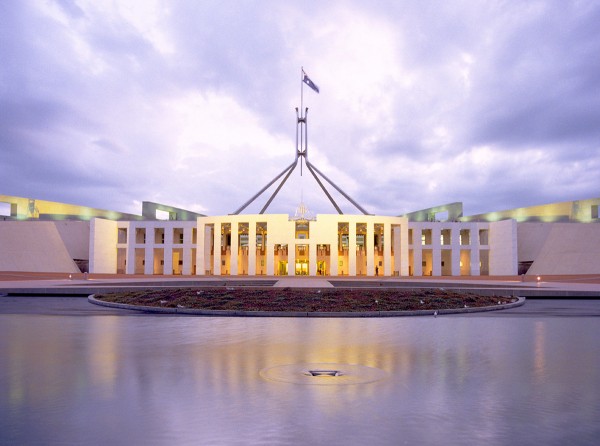
Senate
The Senate is one of 2 houses of the Australian Parliament and is made up of 76 elected senators. Senators represent the people of their state or territory by debating and voting on bills, examining issues in committees, and checking the work of the government.
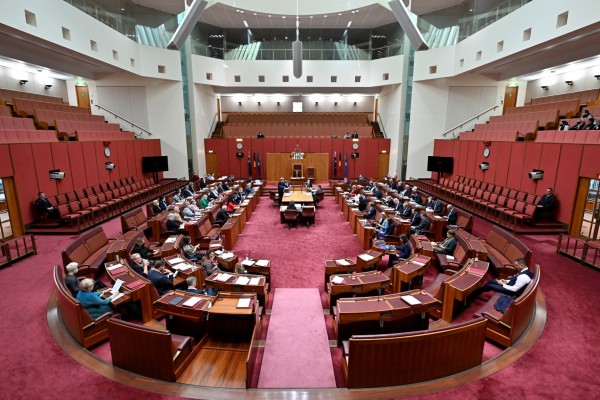
House of representatives
The House of Representatives is one of 2 houses of the Australian Parliament and is made up of 150 elected members. It is where government is formed. Members of the House of Representatives represent the people of their electorate by debating and voting on bills, examining issues in committees, and checking the work of the government.
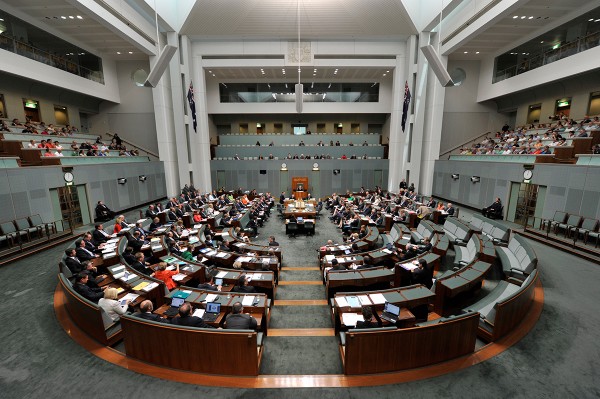
Elections and representation
The Australian people vote in federal elections to choose people to speak for them and make decisions on their behalf in the Australian Parliament.
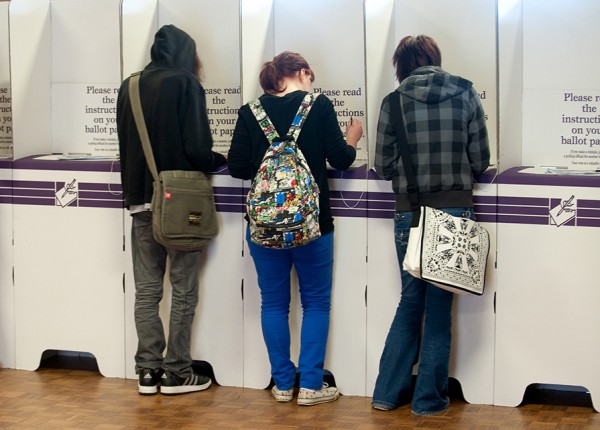
Get involved
You can get involved in your Parliament! Voting in elections is a good start but you can also contact your members of parliament, start or sign and submit petitions, write to a committee, attend a public meeting or protest, and find out what is happening in Parliament.
